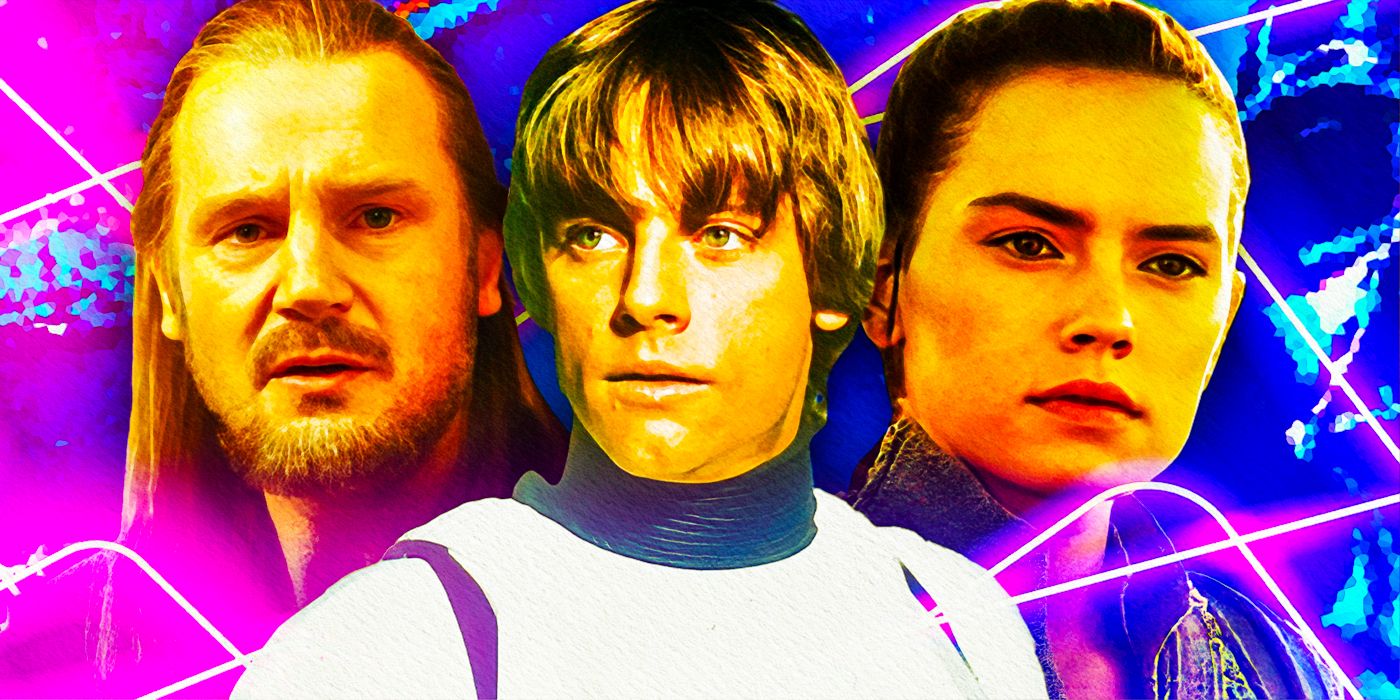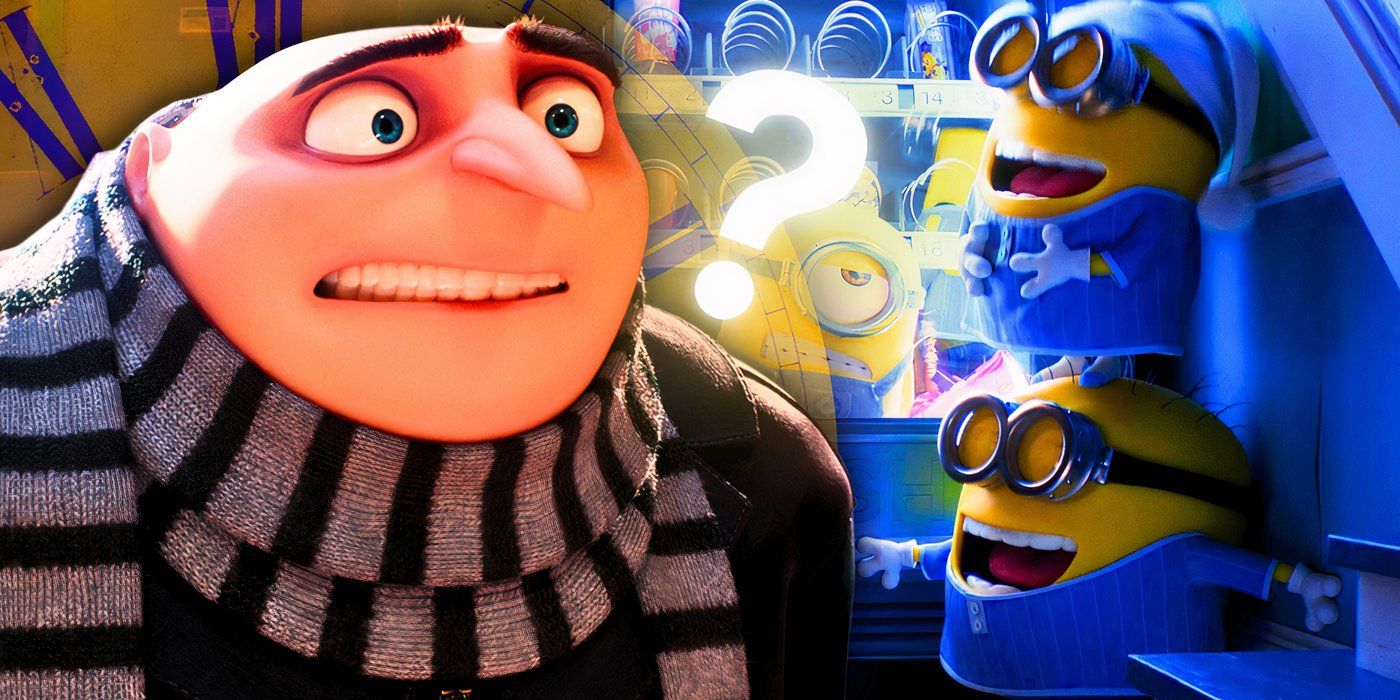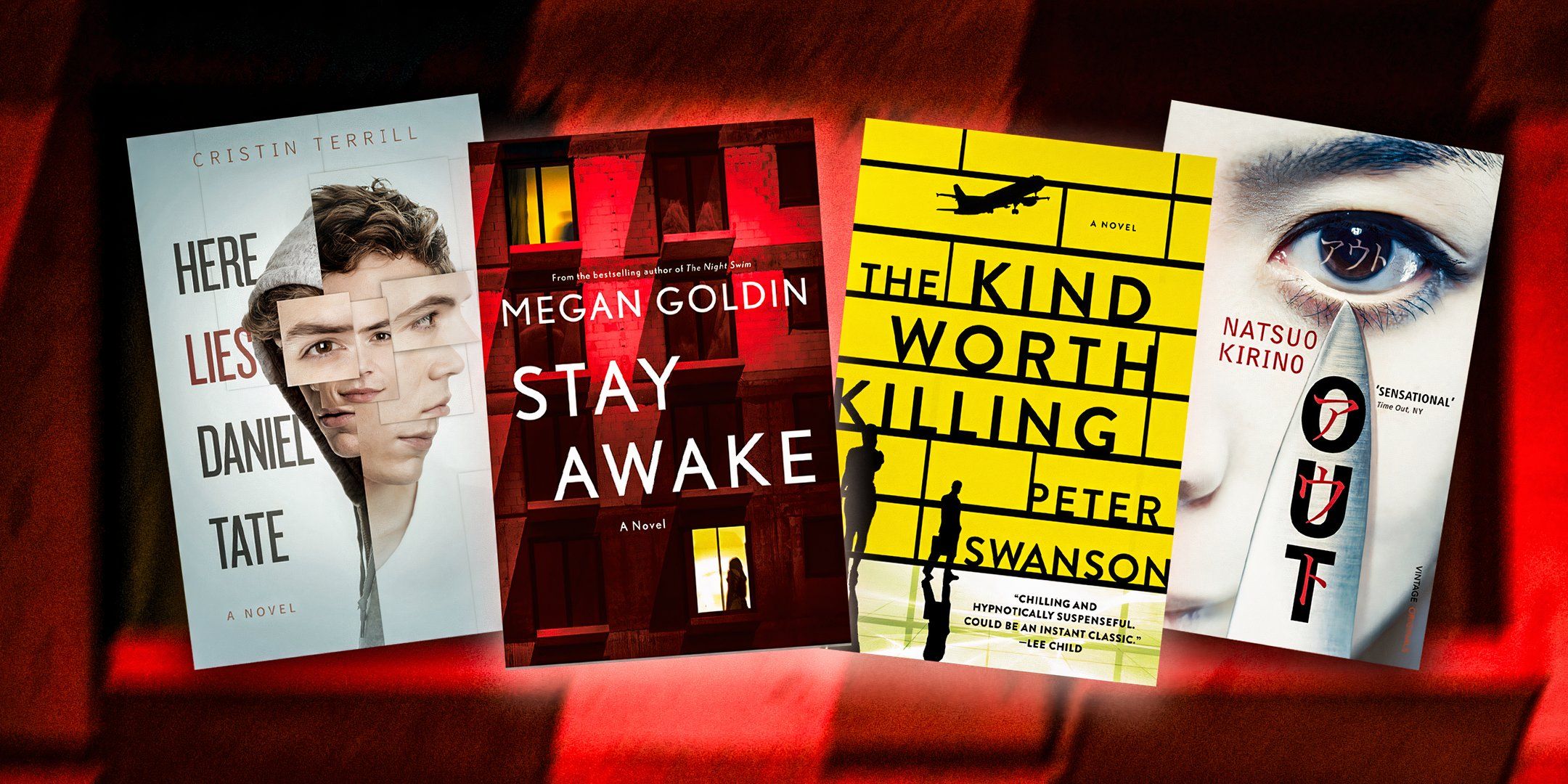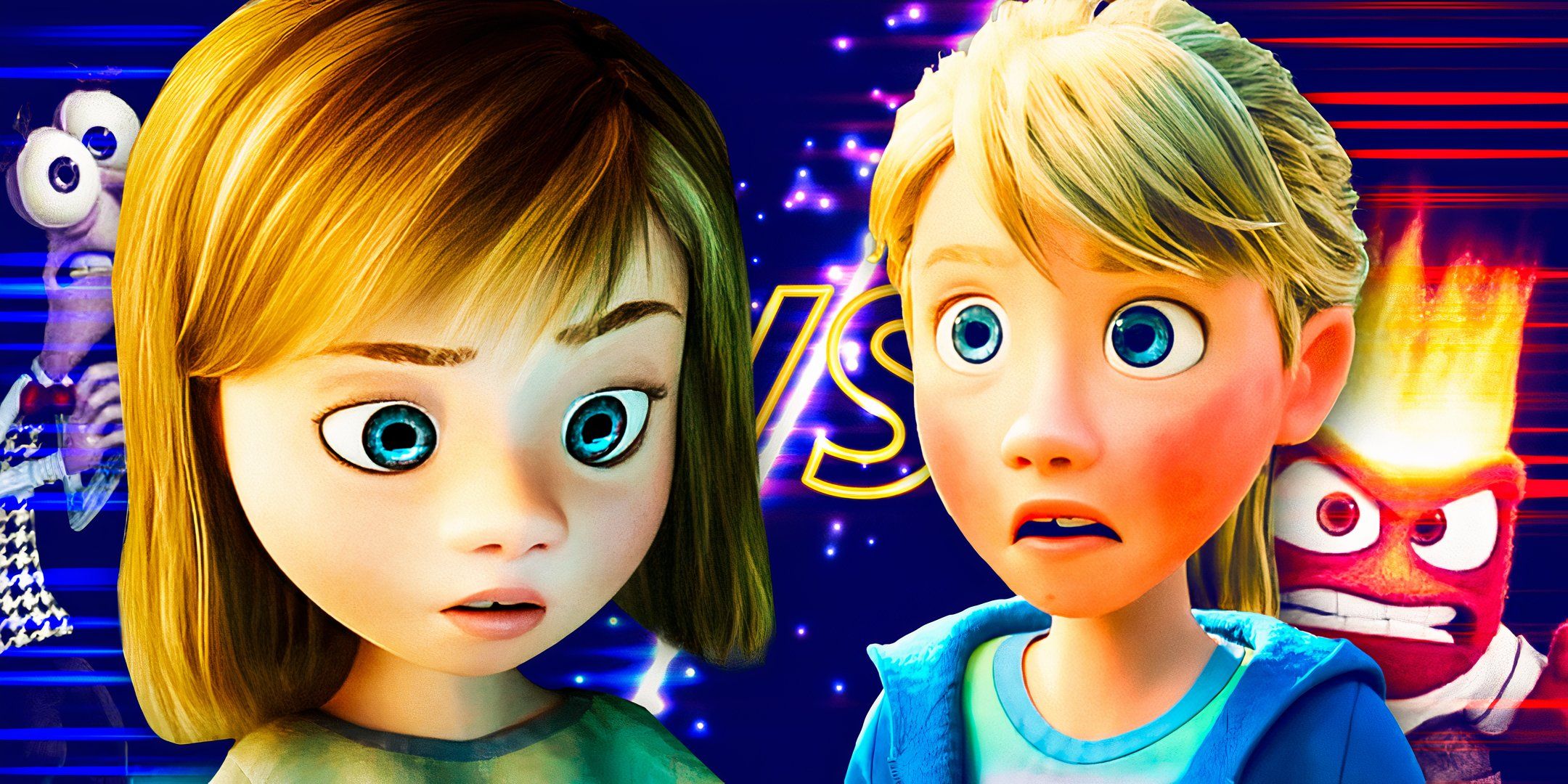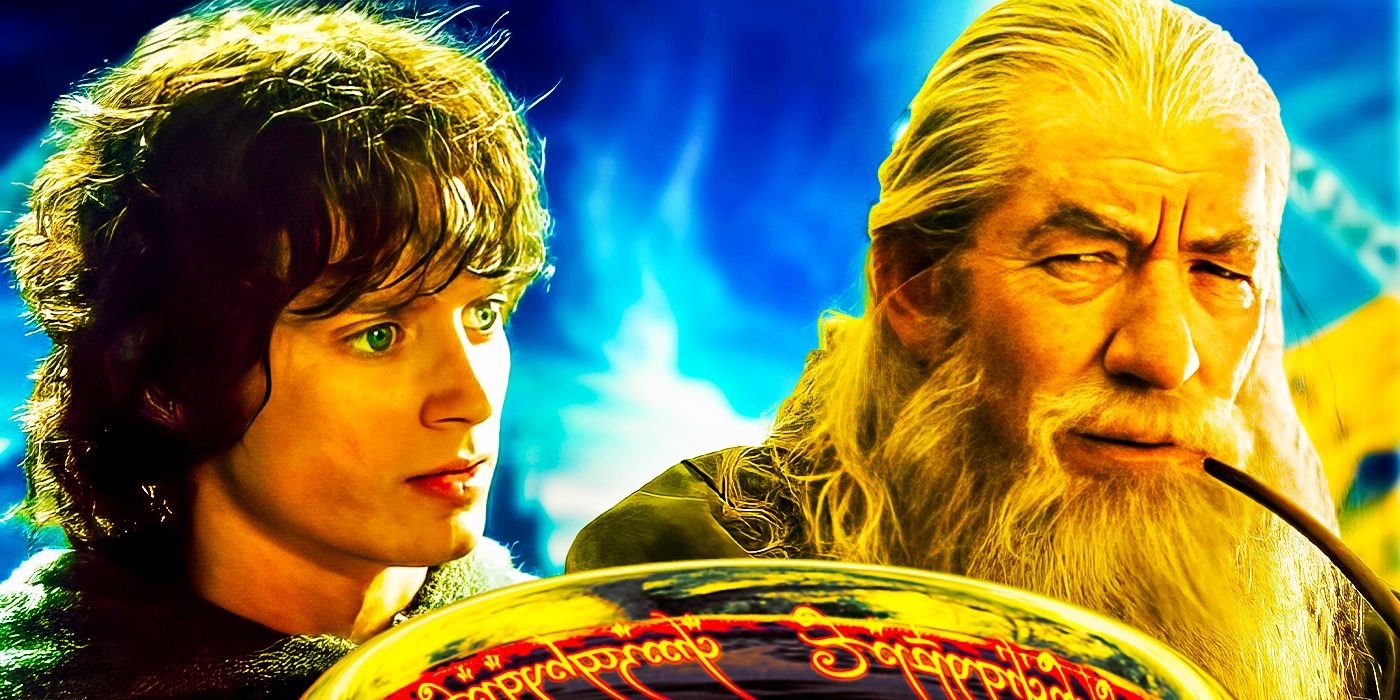Great franchises rely on strong films to carry the IP forward in new and exciting directions, but when a film in that franchise is incredibly successful, it can have the opposite effect, and doom future entries. Sequels are already fighting an uphill battle, building on the original success, and adding to the story. Now, most franchises try to build extensive universes with sequels, prequels, and spin-offs, often with one move playing a vital role, or outperforming the rest. However, they also leave the franchise in a difficult position.
Several original films like Die Hard and Rambo were also incredibly successful and, as a result, spawned a large franchise from what could have been a solo film. For some, the sequels do perform well, even surpassing the original, like with Terminator 2: Judgment Day, but in either case, it is hard to live up to the runaway success again. When it comes to larger franchises, like the Fast & Furious series, or the MCU, the films work hard to get to an epic climax like Furious 7, or Avengers: Endgame, but then the following sequels become dull in comparison.
10 Avengers: Endgame
The MCU Finale
Avengers: Endgame was the culmination of 21 films, and the direct follow-up to Avengers: Infinity War, serving as a conclusion to the epic Infinity Saga which had The Mad Titan Thanos as the ultimate villain. Avengers: Endgame saved the entire universe in the MCU, bringing back half the living population that was snapped out of existence, and featured a huge cast of characters whose stories had been developed in the preceding 10 years. The success of this film rocketed it to briefly becoming the highest-grossing movie of all time, earning almost $2.8 billion on a single theatrical release.
However, this success has left the franchise floating, trying to find a clear purpose and redefining much of what was established before. It’s not that Marvel Studios hasn’t been able to release any significant or important films in the aftermath of Avengers:Endgame, but it’s challenging to build on the success of a franchise that was essentially resolved. The stories now rely on creating new problems and introducing new heroes, which vary in their levels of success, but with the bar et so high, it’s hard to move on.
9 Terminator 2: Judgment Day
Epic Terminator Showdown
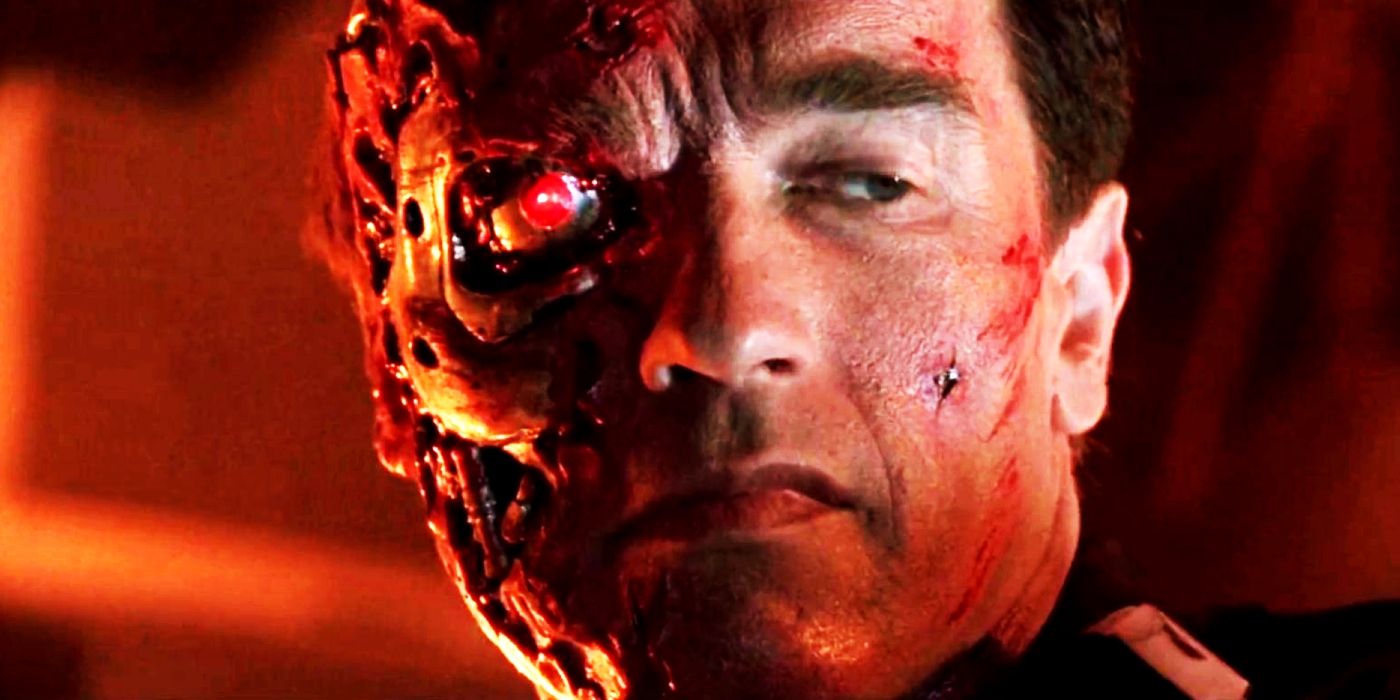
Terminator 2: Judgment Day was the second entry in the Terminator franchise by director James Cameron. The film saw Arnold Schwarzenegger’s Terminator join forces with Sarah Connor to protect her son. A new threat is introduced in the form of the T-1000, a robot capable of changing shape and self-healing thanks to the malleable, intelligent metal it is made from. The incredible creativity, graphics, innovation, and Cameron moving on from the franchise after this movie all contributed to the following films never reaching the same level of success as T2.
8 Die Hard
Bruce Willis Vs. Alan Rickman
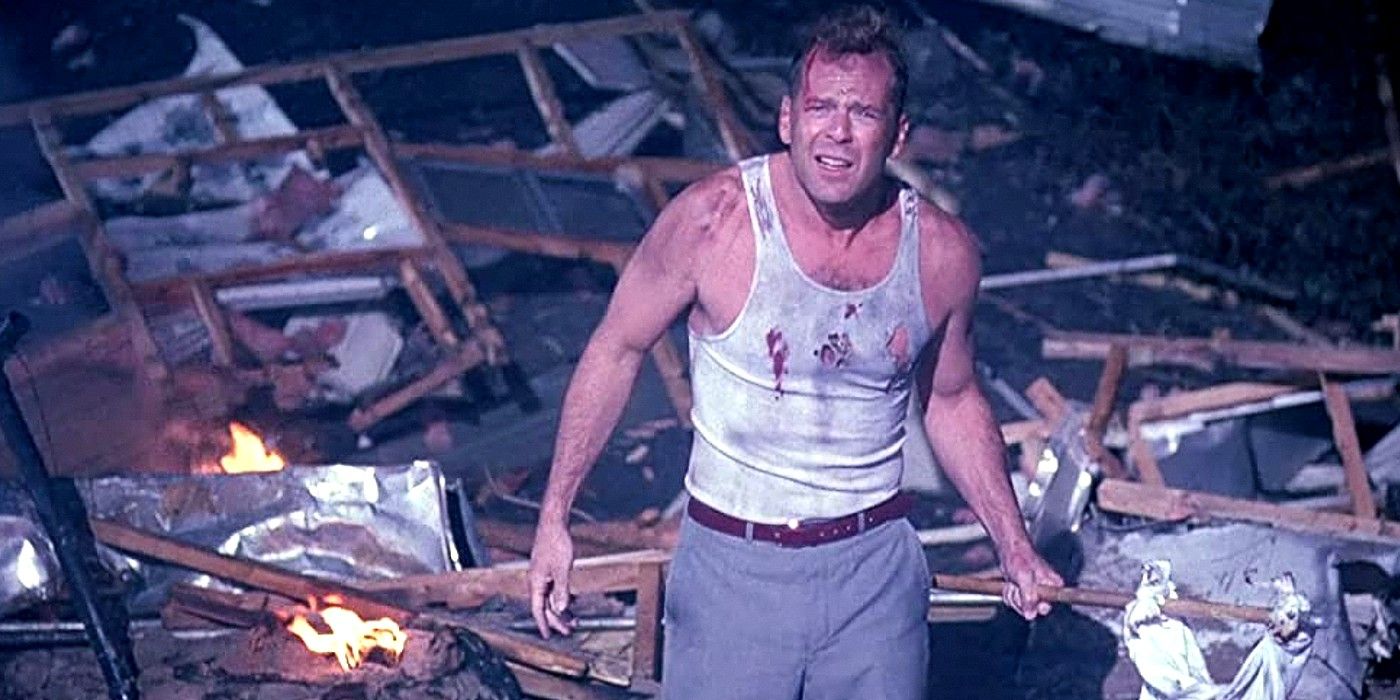
Die Hard stars Bruce Willis as the action hero, John McClane, a Police Detective visiting his ex-wife over the holidays. The film also stars Alan Rickman as the infamous Hans Gruber, a ruthless terrorist. Die Hard cast its hero and villain perfectly, with Willis’ ability to perform in a highly physical role and embody a down-on-his-luck hero detective. Rickman’s ability to portray a truly evil villain with gravitas and vibrant emotion also shines through. However, when the same formula is rehashed and McClane is thrown into a bunch of situations that are vaguely similar, it starts to become ridiculous and silly and loses the charm of the original.
7 Thor: Ragnarok
A Needed Change Of Tone
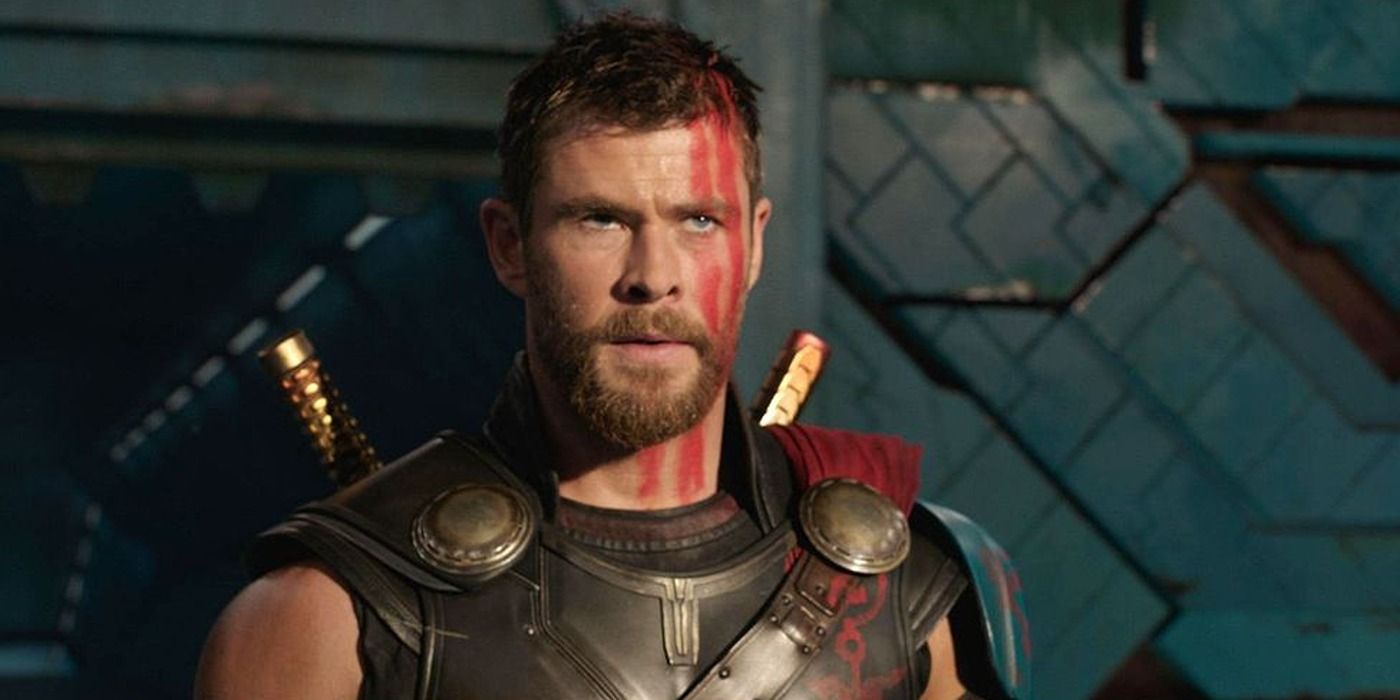
Thor had a difficult journey, with his first film being mediocre and then Thor: The Dark World receiving far more criticism than its predecessor. When the third entry, Thor: Ragnarok shifted tone and changed the director for the comic genius Taika Waititi, it was exactly what the franchise needed. The broody and somber tone was changed to give Thor a personality and develop his character. It reinvigorated the series, but it also meant the character had a full arc that felt complete. Thor’s character in the following films has felt awkward and some of the humor feels forced as it’s hard to hit that perfect balance repeatedly for such a complex character.
6 Men In Black
Stellar Cast And Comedy
Will Smith and Tommy Lee Jones star as Agents J and K in the 1997 film Men in Black. The story sees J join the secret government organization that stands as a defense for the Earth against alien threats. The film hits the perfect balance of comedy with Smith and Jones, in contrast to the terrifying threat of a buggy invader played by the outstanding Vincent D’Onofrio. The film was a critical and commercial success, but the bizarre concept could only lend itself to so many great stories. Every sequel failed to capture the same magic and balance, introducing new threats, new agents and even attempting to reboot the franchise to middling degrees of success.
5 Aliens
Ripley Takes Down The Aliens
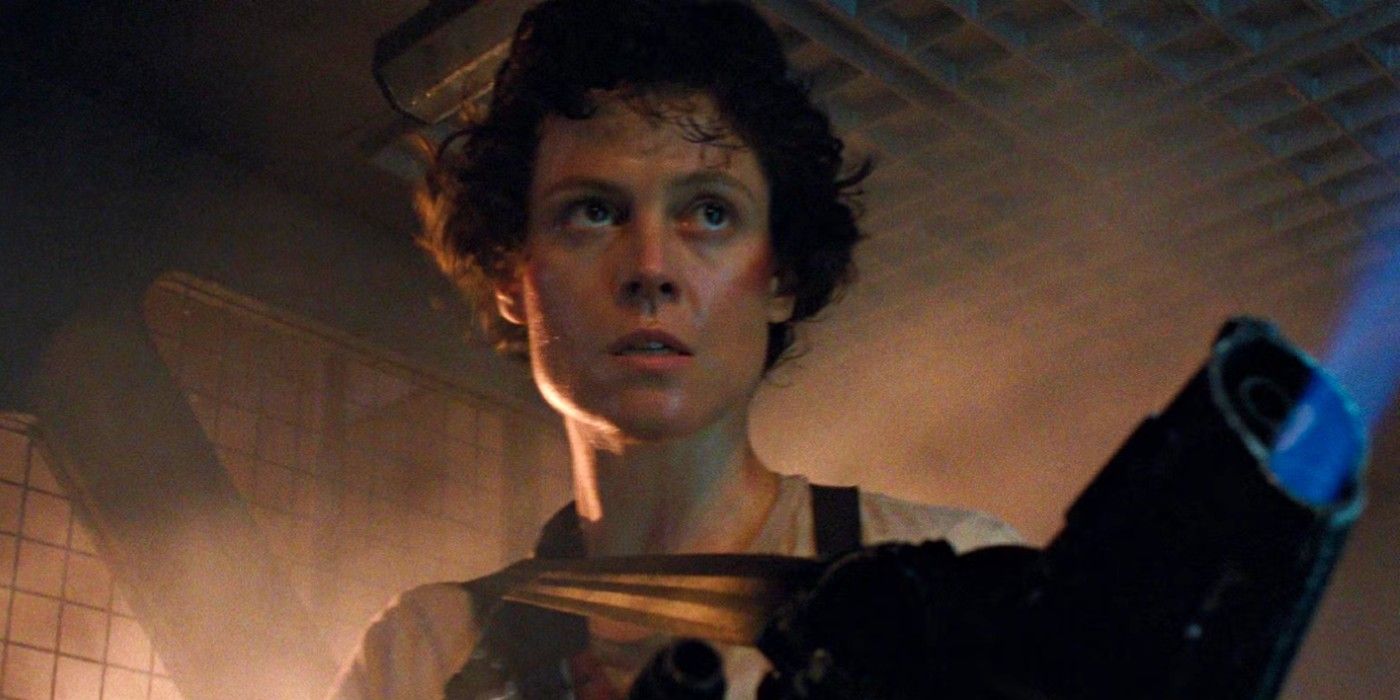
After the runaway success of Alien, directed by Ridley Scott, James Cameron helmed the sequel Aliens and was able to create a hit sequel that carried the franchise forward. The sequel paid close attention to the original movie and showed Sigourney Weaver’s Ellen Ripley characteristically changed and scarred thanks to those events, but also, determined to eliminate the threat when the opportunity arises. The sequel builds the franchise out and expands the world and opportunities to tell further stories, but it did all of this so well that the following sequels and prequels have struggled to reach similar levels of success or praise.
4 X-Men: Days Of Future Past
Bringing Old And New Together
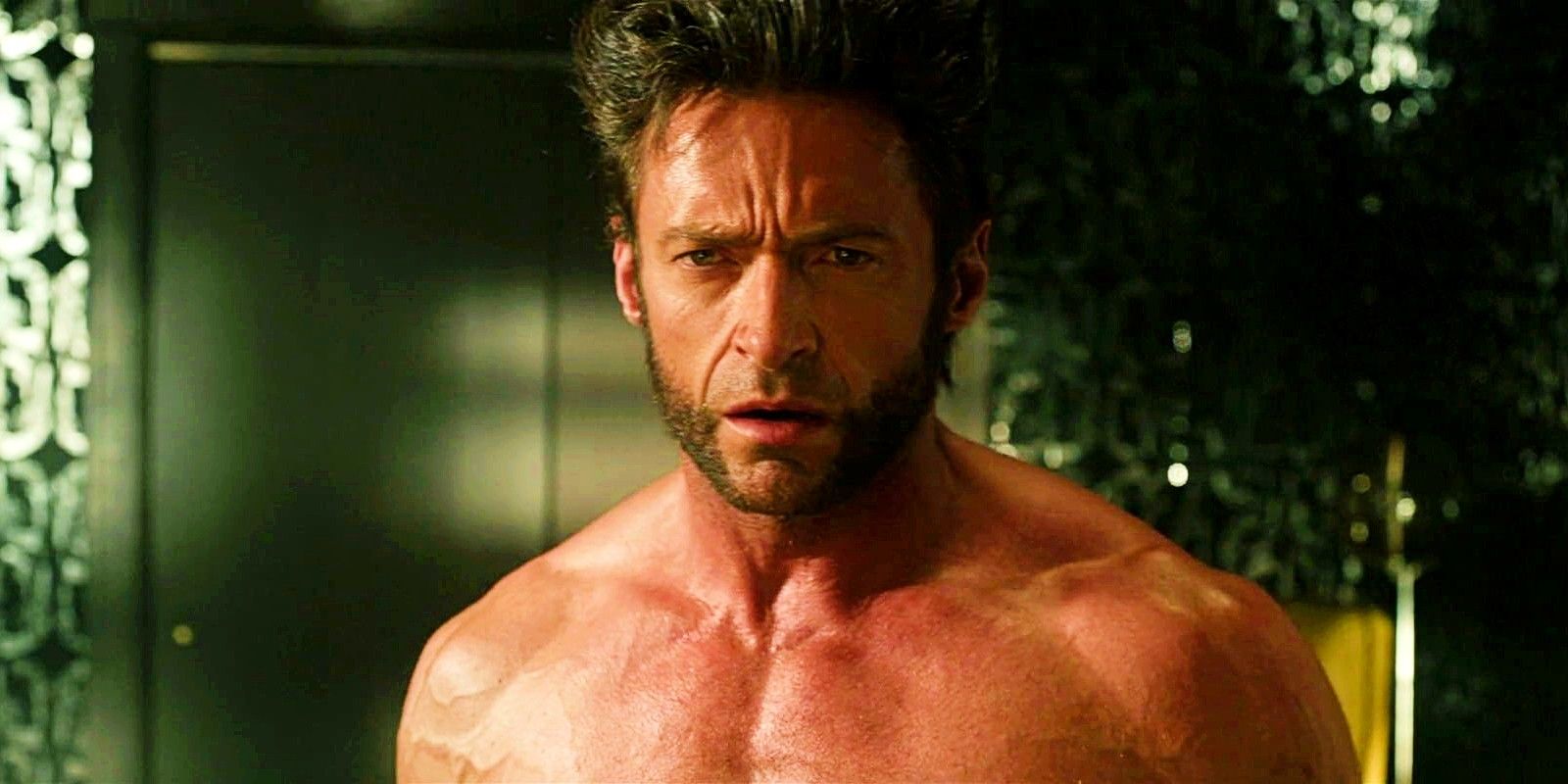
X-Men: Days of Future Past acted as a way to resolve the diverging timelines from the original X-Men films in the early 2000s and the rebooted franchise starring James McAvoy and Michael Fassbender. The film dealt with two timelines and offered a resolution that brought back popular actors from the earlier films, Patrick Stewart, Ian McKellan, and Hugh Jackman in a satisfying and complete way. The story was a major win for the reboot and ensured fans of the original were not left behind. However, the success of this entry could not be repeated with the story feeling somewhat complete.
3 Furious 7 (2015)
The Gang Get Happy Endings
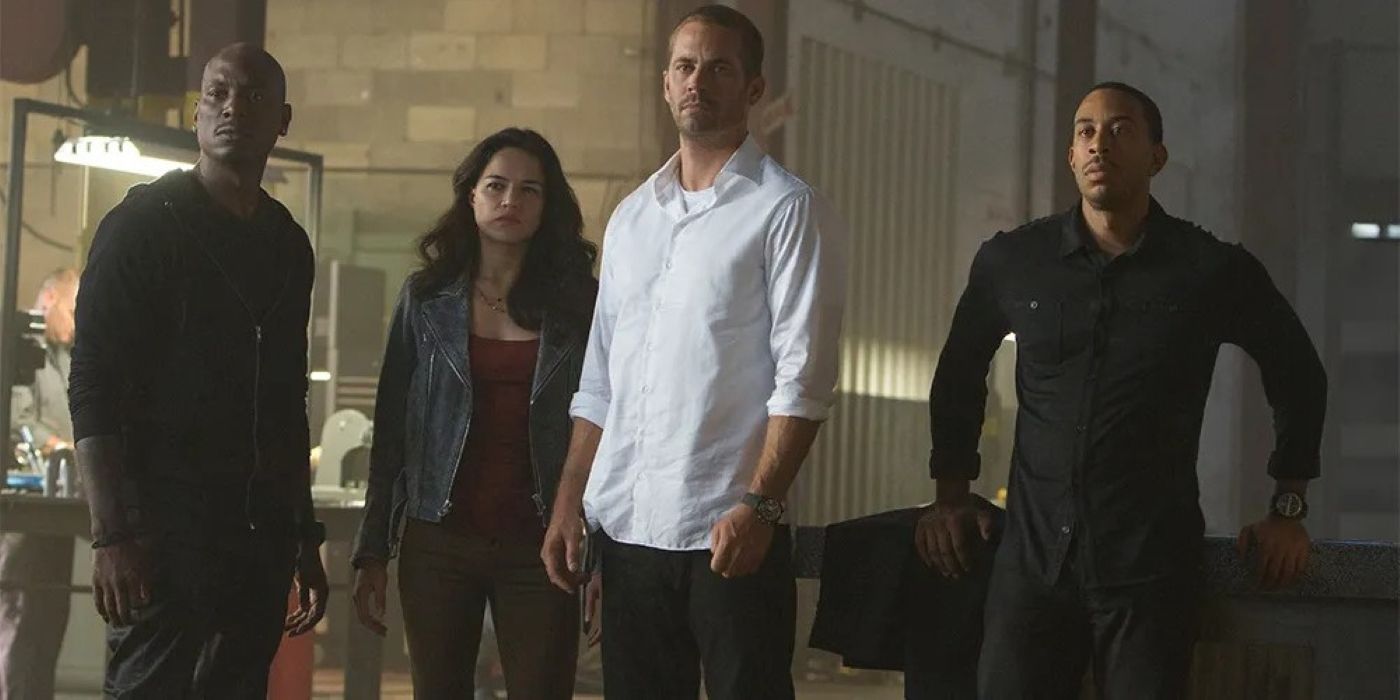
Fast & Furious has gone through a period of change and growth since the earliest film was released in 2001. What started as a series of movies about drag racing and underground crime, has now developed into an action hero story with the characters performing feats of strength, endurance, and agility that are well beyond human abilities. The change was initially well received and continues to earn healthy profits at the box office. However, the franchise had a perfect ending with Furious 7, when Brian O’Connor (Paul Walker) retires from an intensive and dangerous life in favor of spending time with his wife and child.
Dom Toretto (Vin Diesel) and Brian are at peace. On their last adventure together, they help stop terrorists, reform the criminal Deckard Shaw (Jason Statham), and restore Letty’s memories. Continuing the story discredits many of these resolutions and continues to add layers that didn’t require further development. The following sequels are action-packed and feature fun stories, but none have been able to replicate the conclusive and emotional impact of Furious 7 so far.
2 First Blood (1982)
Rambo Wants Peace And Quiet
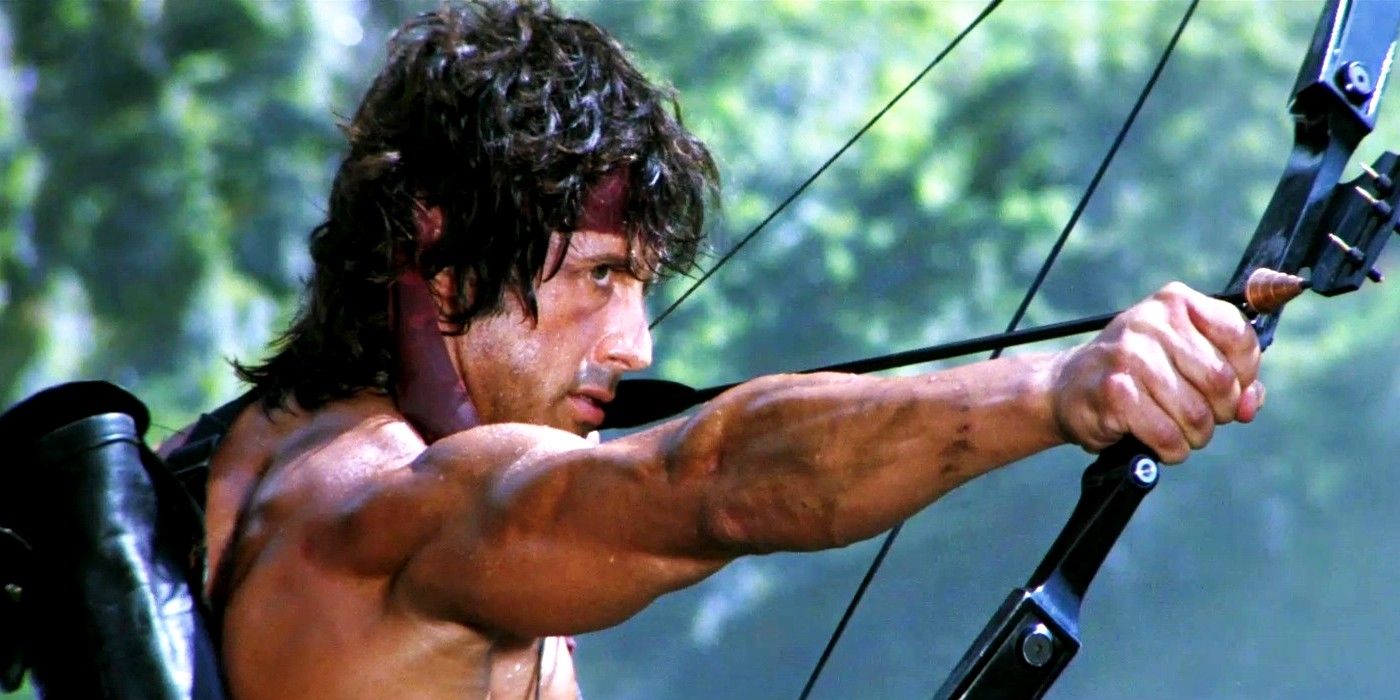
The first entry in the Rambo franchise, First Blood, successfully told the story of the veteran soldier, John Rambo after returning from the Vietnam War. Rambo searches for familiarity and comfort by trying to find old friends from his service but learns of their unfortunate ends instead, so he travels to Hope, Washington. There, he becomes a target for a corrupt sheriff whom he continually tries to disengage. The end of the film focuses on his sorrow surrounding war and death and a deep desire to move on from it.
In this first entry, Rambo accidentally killed one man while trying to protect himself from a helicopter shooting at him. The very next installment sees Rambo willingly killing no less than 75 people onscreen with a variety of weapons and in a variety of ways. Not only is this a major departure for the character, but it fails to deliver the same level of impact with its message and main character.
1 Halloween (1978)
Evil Dons A New Mask
Halloween from the twisted mind of the legendary John Carpenter is an incredible and defining film in the horror slasher genre. The movie introduced an ominous and disturbed antagonist, one of the best final girls of all time, with Jamie Lee Curtis as Laurie Strode, and became a huge hit. Unfortunately, every other film to add to the franchise makes an effort to build on the legacy and history of the character, add meaning and purpose to the evil plaguing the town of Haddonfield, and add to the story.
But, the story doesn’t need to be built on. The original was in part so successful because of the airs of mystery and the unexplained. The fear of a young boy who snaps, and becomes a violent murderer who haunts his hometown. Adding to the narrative only serves to weaken the original entry, and despite countless attempts, the original remains the best and most impactful entry in the entire series.
